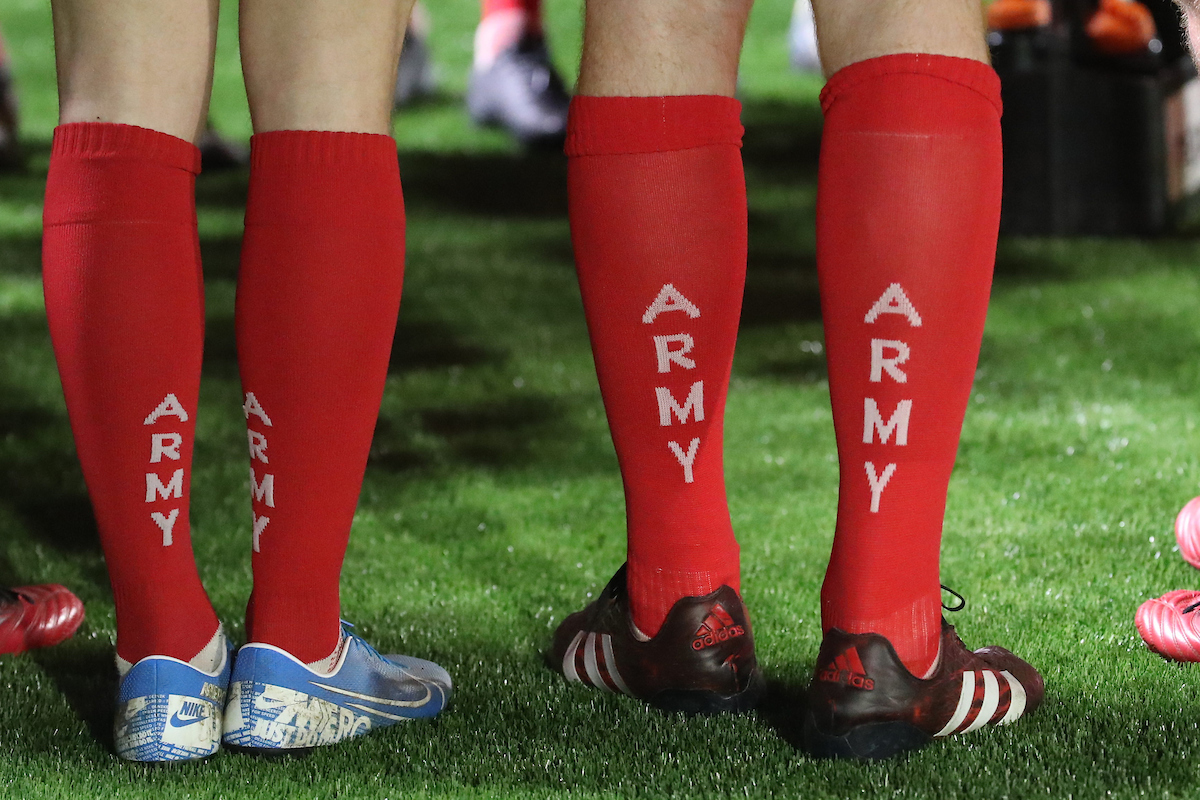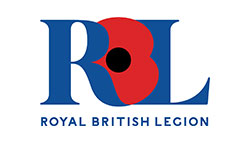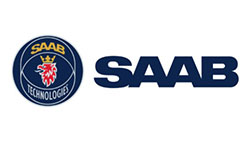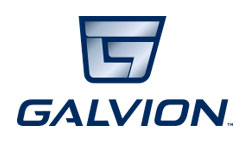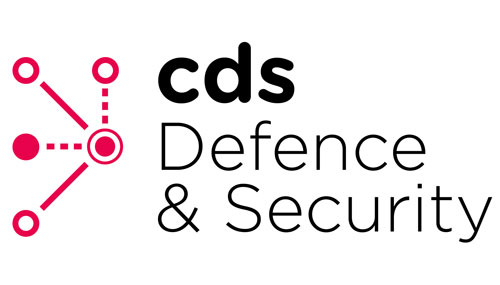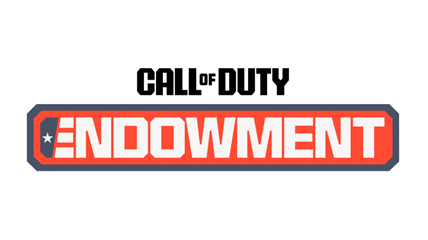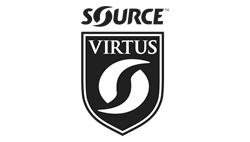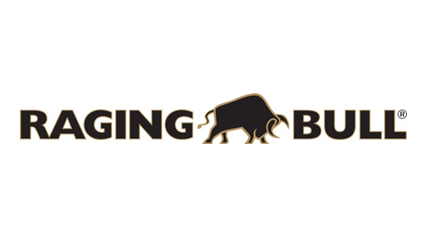Maj Jon Murley says he hopes when rugby resumes in earnest it will be embraced wholeheartedly by the Army community.
Maj Murley has been in and around rugby his whole life, from a junior at Penzance and Newlyn and age group representative with Cornwall through to Harlequins and the Army Senior team as a player, and then coaching within both the civilian and Army games.
His progression through the ranks within the Army were paralleled by his achievements on the field, including captaining his county for a win over the Royal Navy in Launceston, training alongside England legend Peter Winterbottom at Harlequins and rivalling eventual World Cup winner Neil Back in England Under-19 trials at Trent College.
His red shirt and representative career also included playing for the Army Colts, Under-21s and Senior teams, who he captained against the Territorial Army, and the Combined Services Colts up to Under-23.
And now that he is an experienced officer with plenty of years as a rugby coach also under his belt, Maj Murley is ideally placed to see the benefits which the sport can bring to the Army, and indeed vice versa.
“Joining the Army was great,” he says. “It was everything I wanted. Rugby gave me the team environment and ethos, and the Army did that as well.
“The team ethos is the foundation for a great Army environment. Individual sport and the introduction of new ways of training such as Crossfit has changed our approach to fitness, and we’ve embraced that, but rugby is fantastic for setting out team parameters, objectives and the tactical thinking while displaying the leadership and communication needed to succeed.
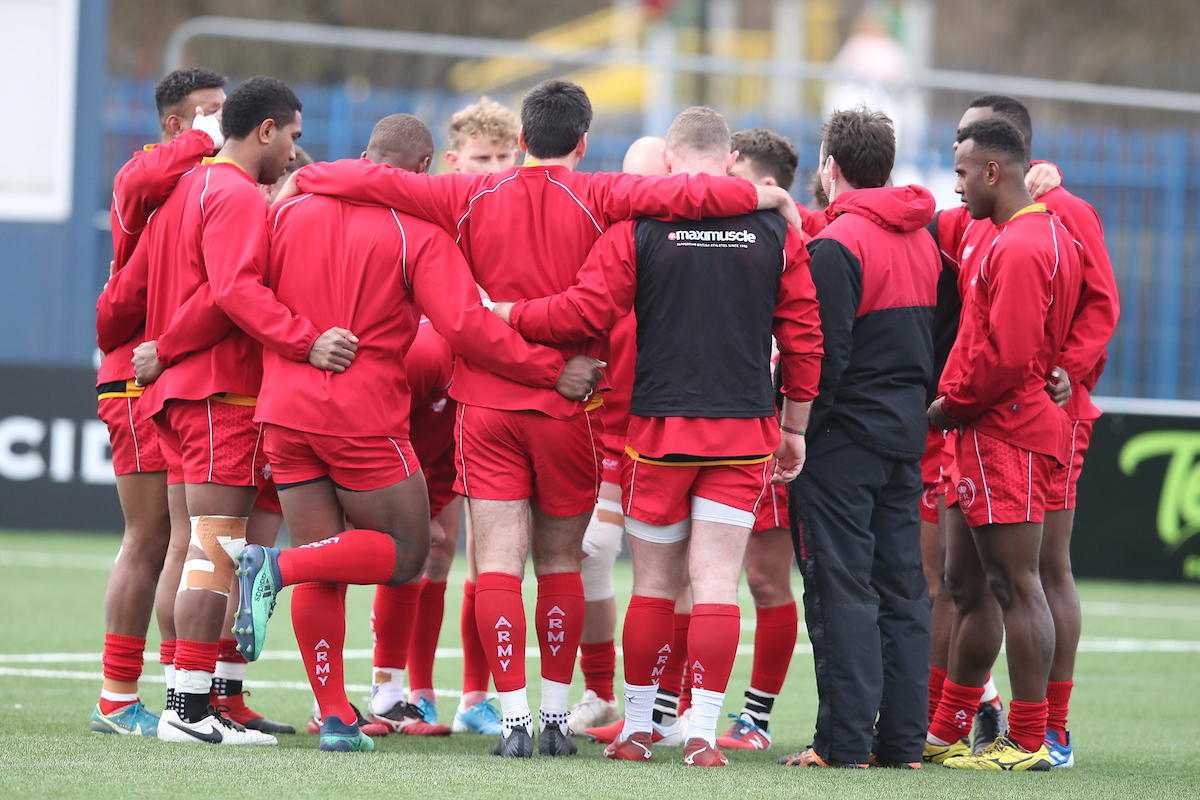
“Setting the standard and taking responsibilities, especially if you’re a team captain. This grows someone very quickly, and as much as you see someone’s strengths you can also see points of development.”
Maj Murley’s journey into the Forces started at an early age and an inspirational discussion with his grandfather.
“Growing up in Cornwall I needed to get away to play rugby and try something a little bit different,” he recalls. “My grandfather sat me down, put down a map of Cornwall and drew a 30-mile radius around Penzance and asked me what opportunities there were. The mining industry was in decline, the fishing industry in struggling, and the farming industry was waning. He’d been in the Army in World War Two and during his time had the opportunity to join REME at its inception. Although circumstances at the time stopped him, he said I’d be ideally suited and 34-and-a-half years later, here I still am!”
At Harlequins Maj Murley was vying with Winterbottom and Martin Pepper for the spot in the team. And even though he was already well attuned to the rigours of Army life the framework that the top-flight rugby club played within was eye-catching, even in the amateur era.
“You see the Army as a bastion for discipline, but when we came to a game plan at Quins that’s what they followed,” he says. “The talk in the 90s was of Quins as a flair team, but it was all part of the plan.
“I was also playing for Cornwall. The coach at the time asked me to play, and to captain them against the Navy in Launceston! I’d captained the Army against the TA and had captained the REME team for several seasons, but Cornwall against the Navy in the driving rain at Launceston was hard-core, and we won that day.
“It was difficult to manage Harlequins and Cornwall, especially with the Army and Corps games as well. My job was becoming busier; as you move up the ranks the more responsibility you get.”
However, it was in the latter stages of his playing career where the experiences of his Army training really came into its own within his rugby.
“When professional rugby first came in that 1996/97 year, I had moved to Bracknell to play under Paul Rendall,” Maj Murley says. “Then after that I went to Reading where I stayed for 4 years on a semi-professional contract, and there were a few of the Army players who were on similar contracts, most of whom were at Newbury. As an Army player and serviceman, you brought a lot to the civilian team.
“Although Harlequins was a high-profile, disciplined team with high fitness levels, they didn’t have that as much at the lower level. I cottoned onto that and it helped me at work as well. When you move up the ranks you have to learn how to talk to people to get the best out of them. Everyone’s different. But key is how you inspire both an individual and a team, from actions down to the tone you use. What he’s learnt is that the more inspirational you are the more influence you have. It’s a knock-on effect.
Steeped in rugby he may be, but as an experienced officer Maj Murley is also both well aware of the pressures being faced by the modern Army and the potential implications on rugby. Nevertheless, he also believes that a balance can be achieved.
“Every CO knows the importance and benefits of sport. They will embrace rugby, but inevitably there are a list of priorities,” he says. “The Army has become smaller over the years, there are more gaps, and it becomes about sequencing. Sometimes you just can’t do it. I know rugby is a game for all, but from a safety point of view you must have to get props and your front row right. By its very nature rugby union needs people of different shapes and sizes in various positions – tall and physical people in the second row, fast people on the wing, and so on – and if a unit doesn’t have that mix then it can be difficult to put a team together.
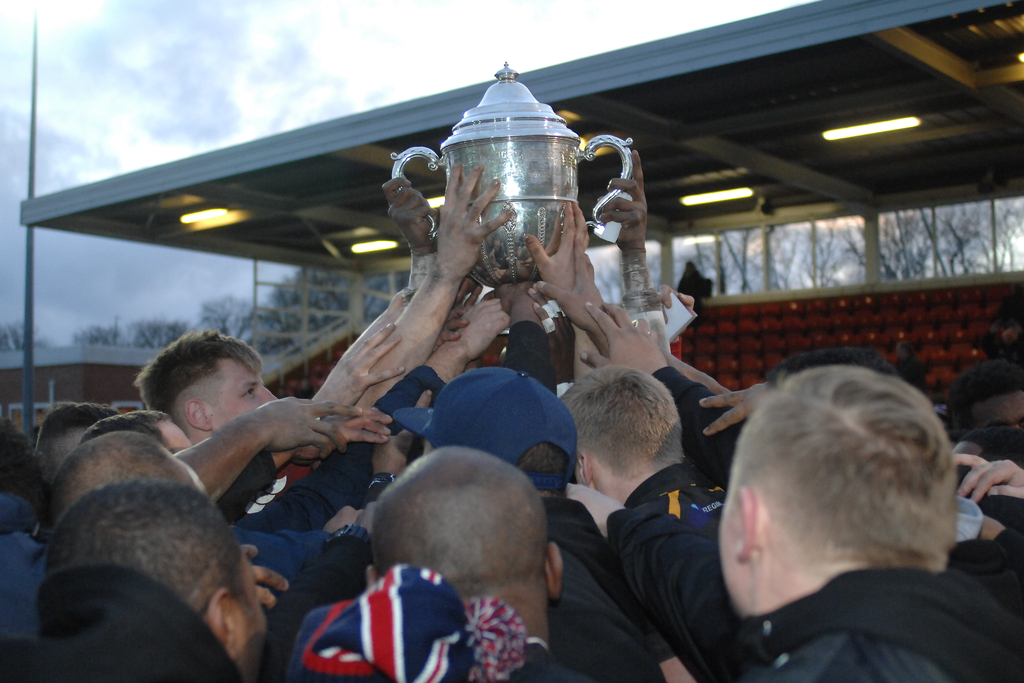
“[Director of Community Rugby] Marc Wilding has been great in getting out and about and selling the message, and once we get past Covid the jigsaw will fall into place quickly. Then it’s a matter of sustaining it.
”Army rugby has become more professional. What that’s done is bring on the Corps as well and Burnie Burnard brought things on a couple of levels when he was coaching. I think he’s a great pick for Director of Rugby Development.
“While it’s been difficult to not have rugby at the moment it will come back, and if there was one thing I’d like to see more is a development line of coaches.”
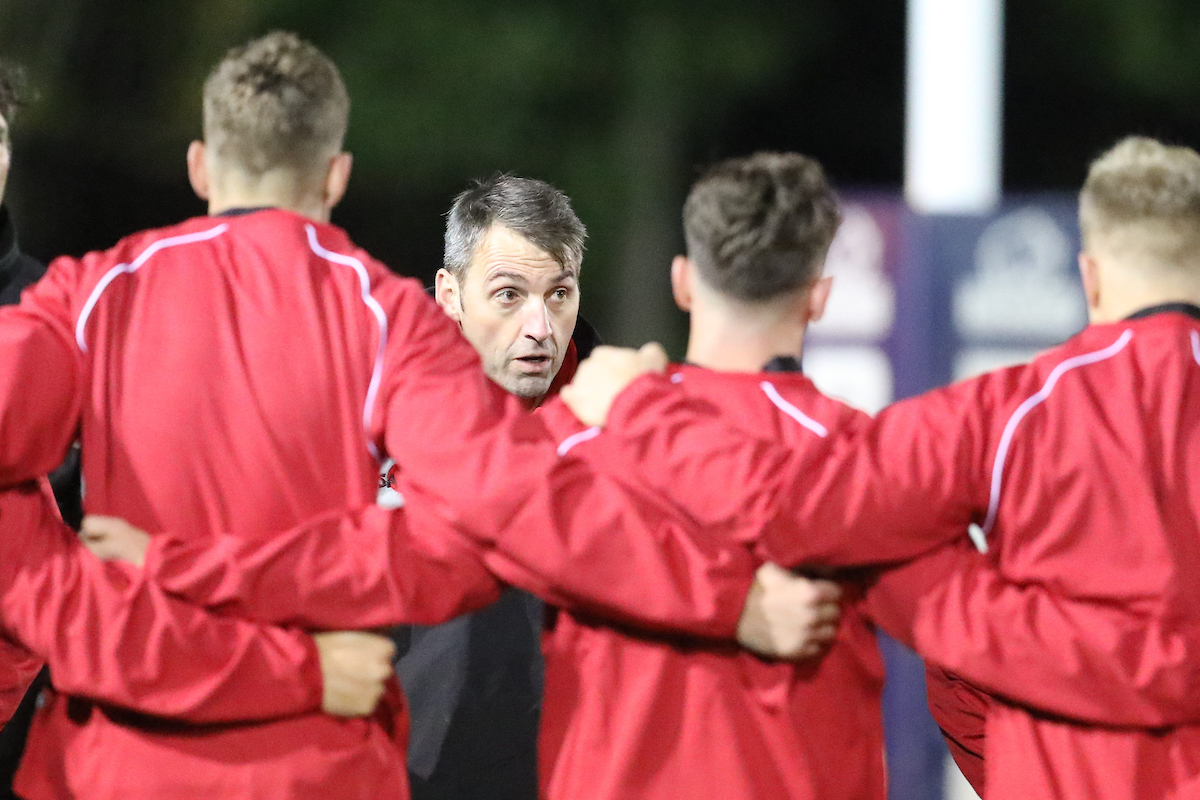
A big fan of Army personnel also playing for Premiership and Premier 15 teams – “It brings other players on as well and the more and more players at a higher level the better” – Maj Murley is also a proud father of a professional player himself, 21-year-old son Cadan well established within the current Harlequins squad.
“As it happens, Cadan at school was asked to consider a career in the Army; his response, he’d already done 16 years!”
Cadan also gave Maj Murley the opportunity to experience coaching at mini and youth age groups – including taking his school team to Twickenham.
There have been some fundamentals which have remained at every level.
“As a coach and a captain you have to learn to communicate” he says. “Inspiration is different when you’re a captain compared to coaching, where you have to break things down and explain things to players, though he’s keen for players to take responsibility, make decisions and play what’s in front on them. There’s a great line to say there are no bad teams, only bad leaders, and that’s always been in my mind when I’ve been coaching at all levels.
“The Army, when it comes to coaching, gives you that opportunity and we revel in it all the time, to stand up in front of people and to have the confidence to do that.”
And regardless of whether you are a Private fresh into uniform or an officer with years of service, Maj Murley has no doubt that rugby will have a positive role to play for a long time to come, adding: “There are opportunities for all and the Army gives you a plethora of sport and embraces it. I’ve played at all levels and it was a great opportunity for me.
“Let’s embrace it and give everyone an opportunity. It’s what you gain from it. You’ve got to put your body on the line and there are comparisons all the way through, not just for one, but for the whole team.”
Words © Chris Wearmouth, Images © Alligin Photography, Scrumpix
